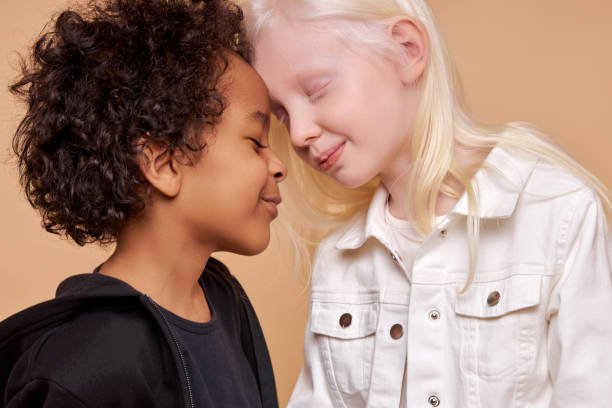The rights that are violated when someone with albinism is discriminated against?
Skip to content
Skip to footer
The rights that are violated when someone with albinism is discriminated against?
The rights that are violated when someone with albinism is discriminated against?

